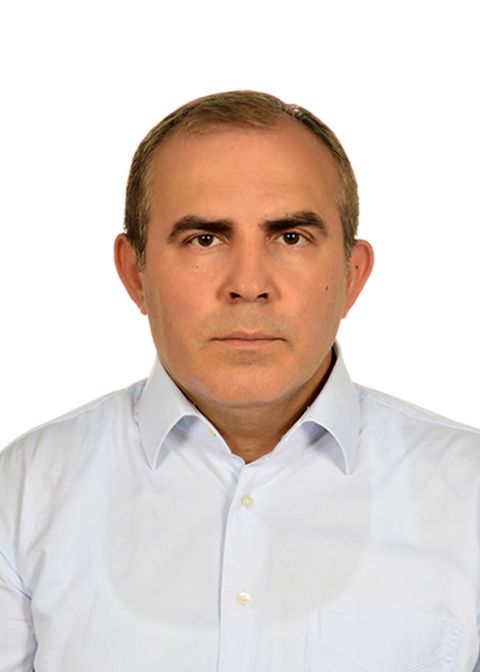
Turkish scholar Fatih Öztürk, LLM’05, a professor at Kocaeli University in his native country, has returned virtually to Queen’s Law to share his unique perspective on a complex topic.
“My main hope is for students and faculty to ask me questions about Turkish politics and law in order to understand how legal and political challenges take place in Türkiye,” he says.
Öztürk, whose current research project is on public participation in constitution-making and the application of checks and balances in presidential systems, holds a PhD and an LLB from Istanbul University and an LLM from California Western University in addition to his Queen’s LLM.
As the William R. Lederman Visitor, this month Öztürk will deliver a public lecture and teach a seminar course.
On January 17 at 1 pm, he will present “Again: From 1867 to Today, Making a Constitution under an Elite Umbrella in Turkey.” In his exploration of the instability of Turkish democracy, he will look at the details and issues that surround the making of constitutions and the elite, focusing on elite-public participations relations in a historically chronological order. Noting that extremist elite powers still prevent harmonization within the state system and contribute to inequality among all members of society, he says, “A new constitution is needed to eliminate the imbalance between state elites such as bureaucrats, high military officers, and academics versus the nation.”
At this event, he says, audience members will gain an understanding of “how a weak and unstable democratic system affects the otherwise successful establishment of the rule of law, and methods to eliminate elitism from the road to writing revised constitutions.”
To attend the one-hour lecture via Zoom, please register online.
From January 21 to 23, Öztürk will teach an intensive course titled Constitutionalism and Islamic Law. Topics to be examined include the main tenets of Islam as a belief system, the sources of Islamic law, how the state was formed in accordance with Islamic law, and human rights and freedoms in Islam. “Students will have the opportunity to learn about cultural differences, how they affect the legal understanding and constitutionalism, and also the constitution-making process,” he explains. “In addition, I hope my legal background will provide them with more information about Islamic law in media, and the differences between theoretical and practical Islamic law, as well as Ottoman State practices.”
During Öztürk’s visit, he will also continue collaborating with Professor Beverley Baines on the subjects of constitutional law, the elimination of domestic violence, and Islamic law and cultural practices.
Back in 2003, when Öztürk was applying to Canadian law schools to pursue his first master’s degree, Queen’s Law stood out. “Kingston has a peaceful study environment and previous Queen’s LLM students came from a diversity of cultural backgrounds,” he recalls. At Queen’s, he had a “great mentor” in Professor Phil Goldman and took a comparative constitutionalism course with sessional instructor Warren Newman, Senior General Counsel with Justice Canada’s Constitutional, Administrative and International Law Section. “That led to me becoming a constitutional law scholar in my native country, Türkiye,” recalls Öztürk.
Today, as he returns amid a global pandemic, only one thing would make the time better. “I wish it was a face-to-face visit,” says Öztürk. “Hopefully in the near future coming back to Queen’s campus as a visiting scholar for research will be a reality.”